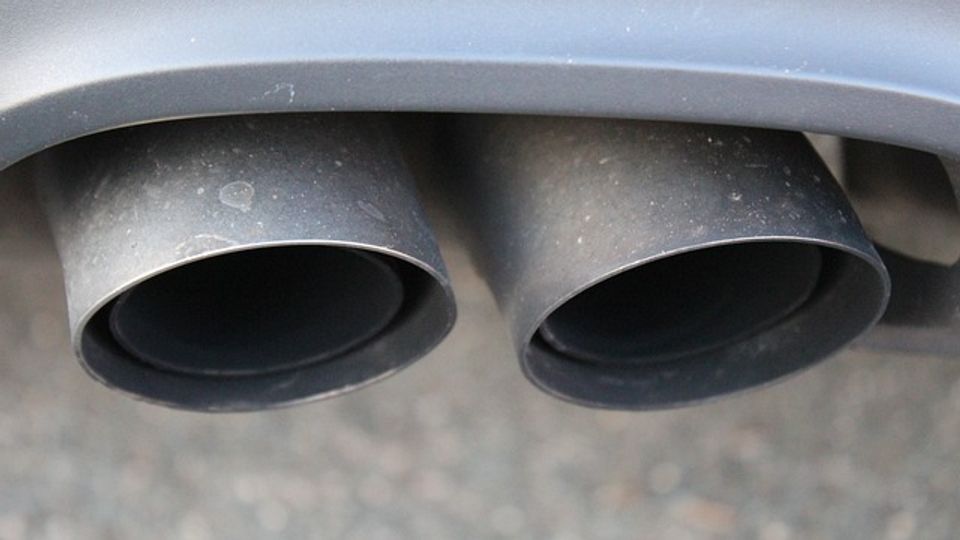Ultrafine Pollution Not Removed by Vehicle Exhaust Filters

Complete the form below to unlock access to ALL audio articles.
Airborne particles from vehicle emissions are a major contributor to air pollution levels. Exhaust filters designed to mitigate this pollution have been a legal requirement in new cars since 2011, and in heavy duty vehicles since 2013.
The filters are able to remove the majority of larger, solid particles, but the new study, published in Environment International, shows they are less effective at removing smaller liquid particles.
While the World Health Organisation has not yet set a guideline for safe levels of ultrafine particles, it recognises that particulate pollution overall is associated with negative impacts on cardiovascular and respiratory health. Air quality guidelines published by WHO in 2021 also outline concerns over ultrafine particles and their ability to be transported around the body.
Lead author on the study, Professor Roy Harrison, said: “Our research shows clearly that current, widely-used filters are not effective against these smaller particles and we welcome recommendations from the World Health Organisation that surveillance of these measurements increase and note with concern that current concentrations measured in London are classified as ‘high’.”
The team used data collected in from a monitoring station in Marylebone Road, in London. Air quality sampling at this site has produced the most comprehensive, long-term dataset in the world, containing data for particle mass and number dating back to 2010.
The data showed a steep decline in larger particles. Black carbon, for example, declined by 81% between 2014 and 2021. This is a clear indication that there has been a positive impact from the introduction of exhaust filters.
Subscribe to Technology Networks’ daily newsletter, delivering breaking science news straight to your inbox every day.Want more breaking news?
In contrast, however, the number of particles described as ‘ultrafine’ – smaller than 100 nanometres – reduced by only 26%. The smallest group of particles, measuring less than 30 nanometres, did not reduce at all, giving a clear indication that filters are not effective against these types of particle. WHO guidelines define concentrations of ultrafine particles above 10,000 per cubic cm as “high”and concentrations measured at the Marylebone Road site were around twice this level.
Professor Harrison added: “High concentrations of ultrafine particles are likely to be a widespread and persistent phenomenon. In order to meet WHO guidelines we are likely to need a much higher uptake of electric vehicles, as well as additional measures to reduce emissions from diesel vehicles.”
Reference: Damayanti S, Harrison RM, Pope F, Beddows DCS. Limited impact of diesel particle filters on road traffic emissions of ultrafine particles. Enviro Int. 2023;174:107888. doi:10.1016/j.envint.2023.107888
This article has been republished from the following materials. Note: material may have been edited for length and content. For further information, please contact the cited source.

